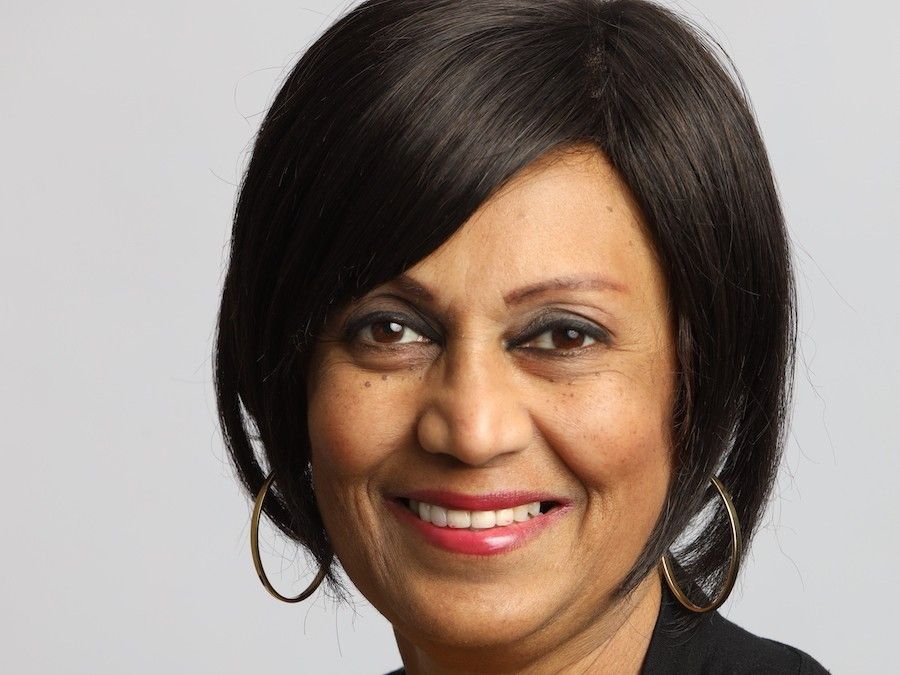‘i was the annoying patient’
“i was very, very pushy as a patient,” she remembers. “i was like, ‘can we do this yet?’ i was calling the secretary all the time to see if things had advanced or not. i was the annoying patient, but i think it might have helped, it might have advanced things a little faster.and because she knew that cancer patients had weakened immune systems, she was extra cautious trying to avoid covid.“i didn’t know if i was living with cancer or not, so that really stopped me from doing a lot of things that i would have done,” she says. she didn’t feel safe seeing many of her friends.but she did have a support system, and even while the threat of a terrifying diagnosis hung over her, she managed to have some degree of joy during that difficult year.“i really took care of my mental health,” she says. “my dog helped me go out for some walks. my family was around, so i always had some distractions, and i was working full time. but it was really difficult to try to not think about it.”
more than a year later, a painful and frustrating biopsy
in april 2021, a full 14 months after she first got those worrying ultrasound results, she was finally able to schedule another biopsy.the procedure itself was very painful, she says: “no pain medication, no freezing agent, just a big needle right in the neck.” but she comforted herself that at least, at last, she’d finally have clarity.but when the test came back inconclusive, she was heartbroken.“there were abnormal cells, but they couldn’t give a cancer diagnosis,” cyr says. her thyroid nodule had the potential to develop into cancer, but she didn’t actually have cancer. she was right back in that place of stressful, frustrating ambiguity.she was given the option of doing another biopsy, or going ahead with the surgery to remove the part of the thyroid with the nodule. the decision was not an easy one — which surprised her.“all of my knowledge of cancer kind of escaped me, and it was [because of] my feelings that i was having a hard time making a decision,” she says. “as a medical physicist, i would have told the person: you need to get the surgery. get it out of your body. but in my mind, i was like, i’m going have a scar forever — my feelings were impeding my scientific background. even though i had the knowledge, my feelings were still taking over.”in the end, she decided to have the surgery. (“i was so over waiting for a biopsy,” she says.) the procedure took place about two weeks after the biopsy. she spent a day or two recovering in the hospital — it’s hard to be exact, she says, because of the medication she was taking, but it felt like a long time. and the fact that she wasn’t allowed visitors because of rising covid numbers didn’t help.“my mom called me, but i could barely speak because [the surgery] was on my neck,” she says. “it was really hard. finally, when i saw my mom, i just kind of broke down.”cyr does has fond memories of the nurses, though, describing them “kind and helpful” — when her hair was “in shambles,” one of them braided it for her.there’s still a little nodule on the right side of her thyroid, but it’s minor and appears to be benign — it’s something cyr will continue to monitor.she’s still in disbelief that the pandemic stopped cancer screenings and treatments. “it’s baffling to me,” she says. “why can’t they do something about it? why aren’t they
increasing services [instead of decreasing them]?”nearly half of canadian cancer patients — 47 per cent — said they had appointments cancelled or postponed due to the pandemic,
according to the canadian institute for health information. there was also a 20 per cent reduction in cancer surgeries between april and september 2020 and the same period in 2019 — a disturbing trend since even a four-week delay in cancer treatments can increase the likelihood of death by 10 per cent,
according to a 2020 study.cyr hopes that her story can encourage other people to advocate for themselves when it comes to accessing health care.“i don’t think that people should be waiting,” she says. “i think that they should be pushing for themselves to get the services that they need.”
readers who want to learn more about thyroid cancer should visit thyroid cancer canada or the canadian cancer society.
maija kappler is a reporter and editor at healthing. you can reach her at mkappler@postmedia.com
thank you for your support. if you liked this story, please send it to a friend. every share counts.
 6 minute read
6 minute read










